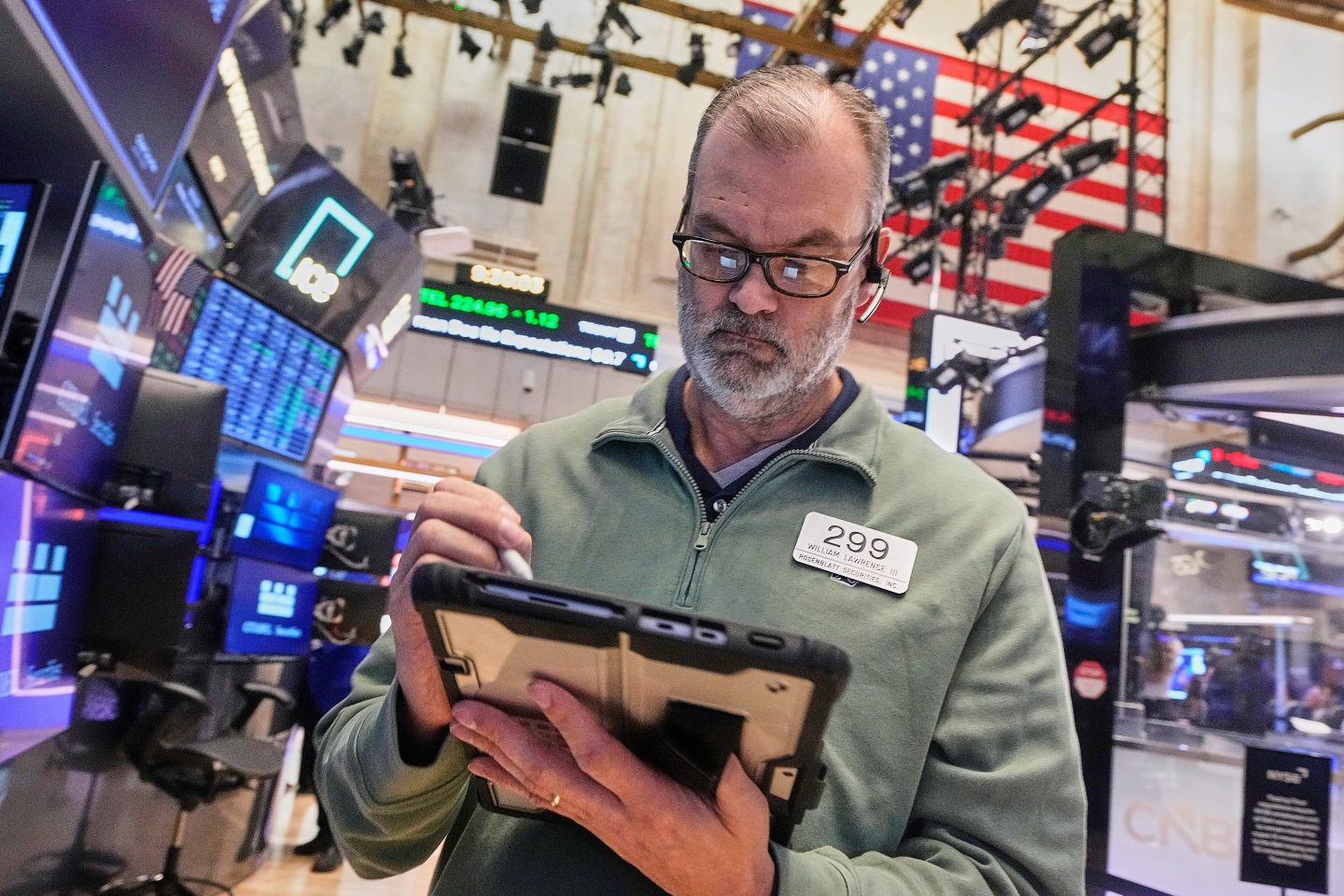Elon Musk’s SpaceX got a stratospheric number of headlines this week for lofting into orbit the first 60 operational satellites for its planned Starlink Internet service. But the startup will need to launch hundreds more satellites before offering even rudimentary Internet service from space—and almost 12,000 satellites to offer global, high-speed coverage.
Meanwhile, almost no one is writing about Viasat, one of the two major companies that already offer space-based Internet, albeit using a small number of traditional, massive satellites in geosynchronous orbit. Despite the lack of press, the company seems to be doing well.
On Thursday, Viasat (VSAT) blasted through Wall Street’s expectations by reporting that its fiscal year revenue had risen 30% to $2.1 billion. For the quarter, revenue of $557 million was about $18 million over forecasts.
In reaction, Viasat’s stock jumped 7% on Friday to an all-time high of over $97. It’s now up 60% this year.
“We feel we’re just getting started and that we’ve got good momentum for the long-term,” CEO Mark Dankberg told analysts.
Viasat’s trajectory provides two important lessons for SpaceX Starlink and other similar efforts such as Jeff Bezos’ Project Kuiper and Masayoshi Son’s OneWeb. All of them plan to use large fleets of small satellites in low orbits to provide fast Internet service worldwide.
These new entrants market their services as if there are no existing competitors. Of course, Viasat and its top rival, EchoStar’s (SATS) Hughes Network Systems unit, beg to differ.
Also, the old guard doesn’t provide Internet service everywhere. Rather, they offer service—speedy service at that—where large numbers of people live, like the United States, Europe, and South America.
Last year, Viasat introduced plans with speeds up to 100 Megabits per second though costing $150 per month after a promotional period. Hughes’ Gen5 service has slower download speeds, only up to 25 Mbps, but starts at just $40 a month.
Viasat and Hughes also offer service for planes, boats, and other craft that are beyond the reach of land-based Internet service. That means the newbies will, in some cases, have to steal customers from the two incumbents.
The second important thing to note is that the existing services are improving. Viasat is spending over $1 billion on new satellites with even higher capacities. The first school-bus-sized satellite is planned to go up over the U.S. In early 2021 and a second covering Asia about six months later.
Meanwhile, Hughes plans a new satellite in 2021 so that it, too, can offer 100 Mbps speeds.
To be sure, Starlink and its fellow startups have some advantages over the incumbent providers. Because their small satellites will fly at much lower orbits, there will be less latency for consumers using its service. That’s not an important consideration for watching Netflix or sending emails, where immediate two-way communication doesn’t matter. But it’s crucial for activities like web surfing and, especially, for online activities done in groups like live video gaming.
At the end of the day, the real test in the satellite space race is economic. Can the small satellites offer service more cheaply or to more people? We won’t know the answer for a few more years. But in the meantime, Viasat and Hughes aren’t standing still.
(Update: This story was updated on May 28 to correct the name of Echostar’s Hughes Network Systems unit.)











